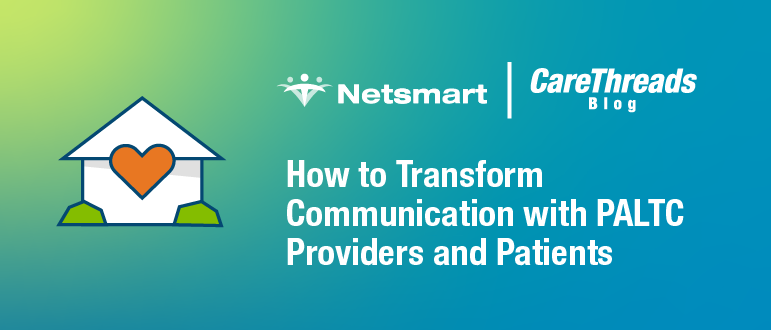In a fee-for-service reimbursement model, healthcare providers are reimbursed for each office visit or service they provide. Since providers are rewarded based on the volume of people they see, they are incented to keep their schedules full. Essentially, payment is dependent on the quantity of care instead of quality.
Today, healthcare is rapidly shifting to a value-based care (VBC) reimbursement model, which realigns care to focus on quality. Delivering quality care at optimal costs is key to the VBC reimbursement model. If providers demonstrate clinical and financial success, payers reward them. A wide range of analytics are necessary to measure and report out a provider’s overall performance. To position your organization for success amid the new payment model, it’s vital to reevaluate your care management and delivery based on performance data.
One way to do that is to have an in-depth understanding of the behavioral, social and environmental factors that impact the population you serve. This can be achieved by accessing a population’s social determinants of health data in conjunction with their physical and mental health. The World Health Organization (WHO) defines social determinants of health as “the conditions in which people are born, grow, live, work and age.” Some specific examples include education, social support networks, socioeconomic status, access to care, cultural constructs, etc. By understanding a population’s social determinants, providers can deliver improved intervention to secure higher reimbursements and influence positive outcomes.
According to the CDC, “the social determinants of health have a far greater impact on outcomes than the actual delivery of health services.” It’s therefore crucial providers can access social determinants information to consider their it impact on healthcare costs and outcomes.
Physical health, mental health and social determinants information are all integrated within electronic health record (EHR) technology. Certain trends and data markers allow providers to identify potential risk factors prior to meeting an individual face-to-face. For instance, you can identify individuals who pose a risk for readmission within 30 days (which providers are often penalized for). As a result, the provider can focus on ways to prolong the person’s health and proactively intervene with alternative treatments or care plans.
Another example of the importance of social determinants is in the context of a person’s complete health history. If a person doesn’t have the financial means to adhere to a treatment plan or reliable transportation to appointments, they are at greater risk of an escalating health issue or other adverse effects. Each example speaks to the importance of providers understanding their population and establishing a workflow that caters to anticipated challenges. When social determinants are considered at the point of care, appropriate intervention can reduce readmission rates, negative outcomes and unnecessary expenses.
Netsmart Senior Vice President Kevin Scalia and Open Mind’s Deb Adler collaborated to create the Less Pain, More Gain: Leading A Cost-Saving Plan with Provider-Driven Outcomes webinar. If you want to learn more about implementation strategies to cut costs and increase efficiency by leveraging social determinants of health data, check out the full webinar here.






